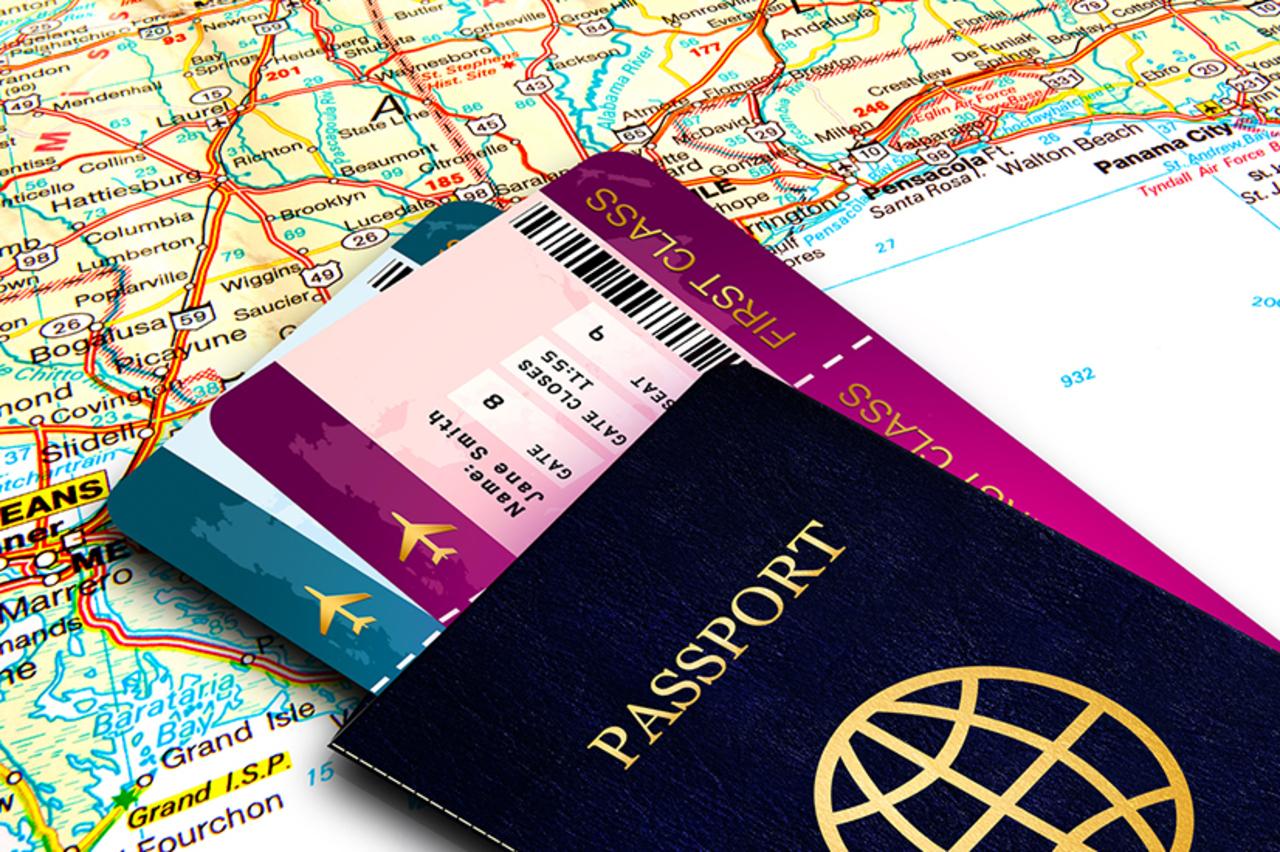
When booking international flights, most travelers focus on price, baggage allowance, and flight time. But there’s another important factor that can directly impact your travel plans — your visa type. The type of visa you hold determines not only how long you can stay abroad, but also whether you can board your flight or re-enter a country.
Here’s what you should know before booking your next international trip.
1. Single-entry visa
A single-entry visa allows you to enter a country only once.
👉 Once you leave that country, the visa automatically becomes invalid — even if it hasn’t expired yet.
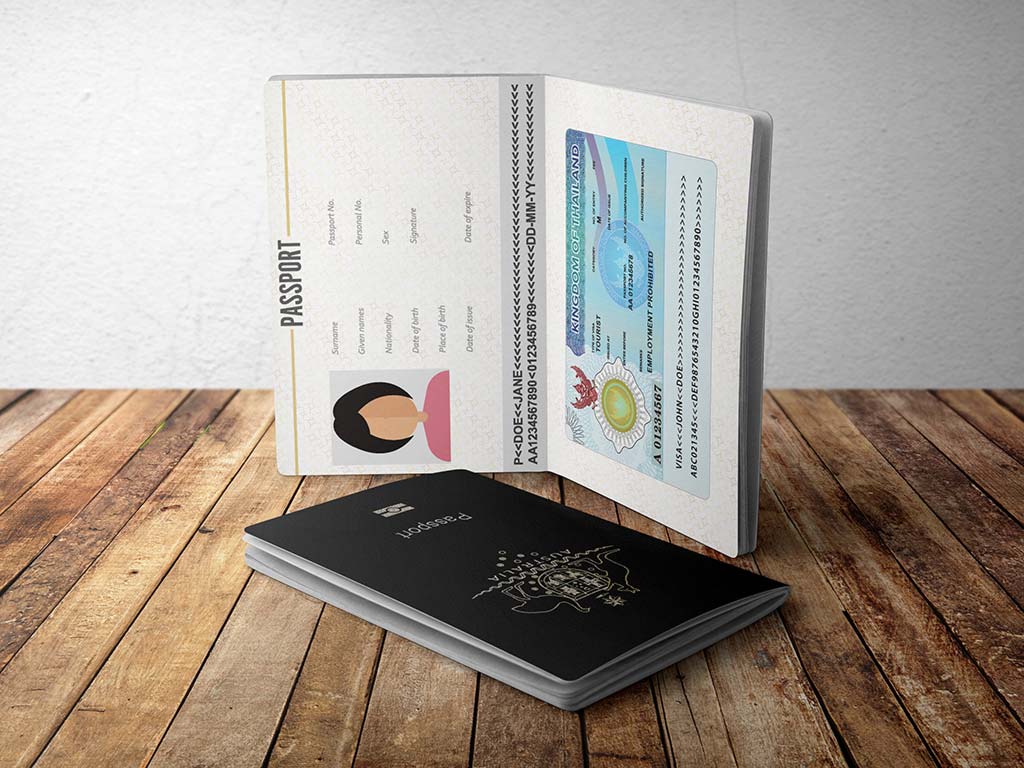
How it affects your flight:
Example:
You hold a single-entry visa to Japan and book a flight HCMC – Tokyo – Seoul – Tokyo – HCMC → your return flight may be refused because your Japanese visa only allows one entry.
2. Multiple-entry visa
A multiple-entry visa lets you enter and exit a country as many times as you want during its validity period.
👉 This type is ideal for frequent business travelers or those exploring multiple destinations in one trip.
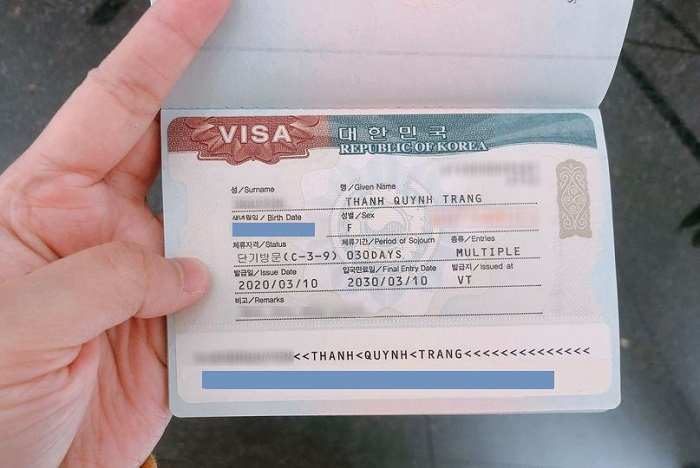
How it affects your flight:
Example:
You have a 5-year multiple-entry visa for Korea → you can fly Hanoi – Seoul – Tokyo – Seoul – Hanoi without needing a new visa.
3. E-visa (Electronic visa)
An e-visa is an electronic travel authorization usually issued for short-term tourism or business.
While convenient, e-visas often come with specific entry points and limited validity.
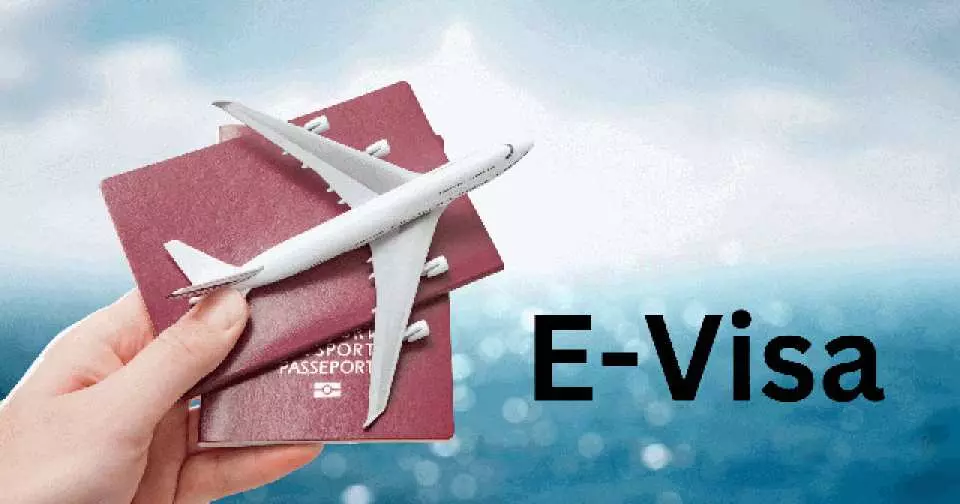
How it affects your flight:
Example:
Vietnam’s e-visa allows entry via Noi Bai, Tan Son Nhat, and Da Nang Airports. If you book a flight arriving at Cam Ranh, your e-visa will be invalid.
4. Transit visa
A transit visa allows travelers to stay temporarily in a connecting country while waiting for their next flight.
Whether you need one depends on your nationality and the duration or type of transit.
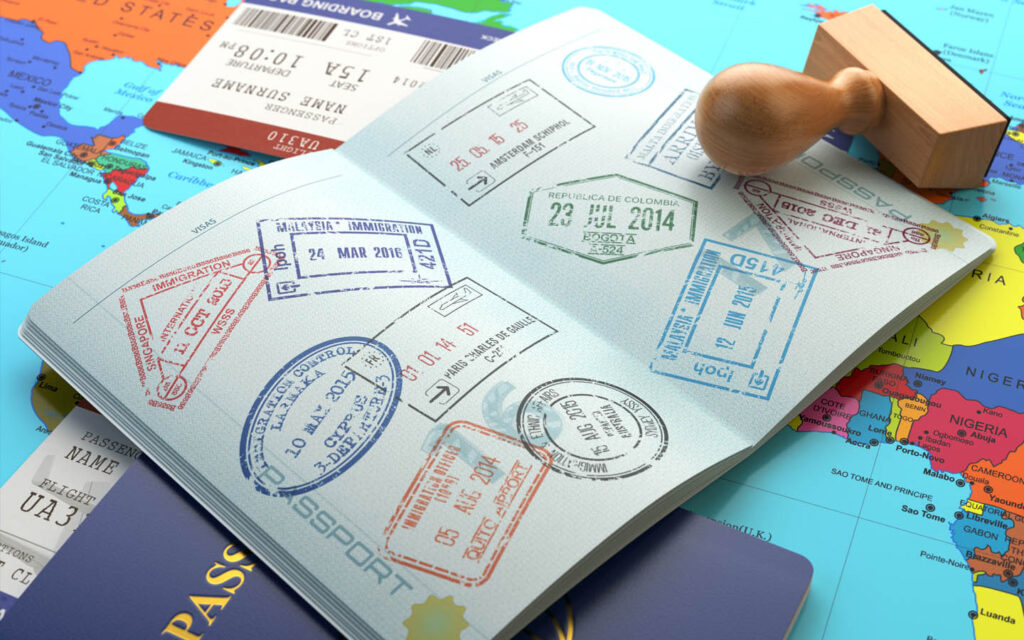
How it affects your flight:
Example:
Flying from Vietnam to the U.S. with a layover in China → Vietnamese passengers must hold a Chinese transit visa if the layover exceeds 24 hours or requires changing terminals.

Travel tips before booking your flight:

Your visa type doesn’t just determine whether you can enter a country — it also directly affects how you book your flights, plan your itinerary, and even whether you can board your plane.
Understanding visa rules in advance helps you avoid denied boarding, unnecessary rebooking fees, and travel disruptions, ensuring a smoother and stress-free international journey.